When it’s the middle of the night, and you’re tossing and turning, unable to find relief from the relentless throb in your tooth. Or perhaps you wake up in the morning, groggy and irritable, only to realize that your restless night was due to the same gnawing discomfort.
Understanding the true cause of such pain is where I can help you. While the immediate instinct might be to focus on the toothache itself, the real culprit could be far more complex. A toothache isn’t just about the tooth—it can signal deeper issues that need to be addressed.
Luckily, herein we’ll explore the causes of toothache and provide you with the knowledge you need to treat them effectively.
[Reated topics: Can a toothache cause ear pain?]
[Reated topics: Can a toothache cause a headache?]
1. Cavities: The silent destroyer
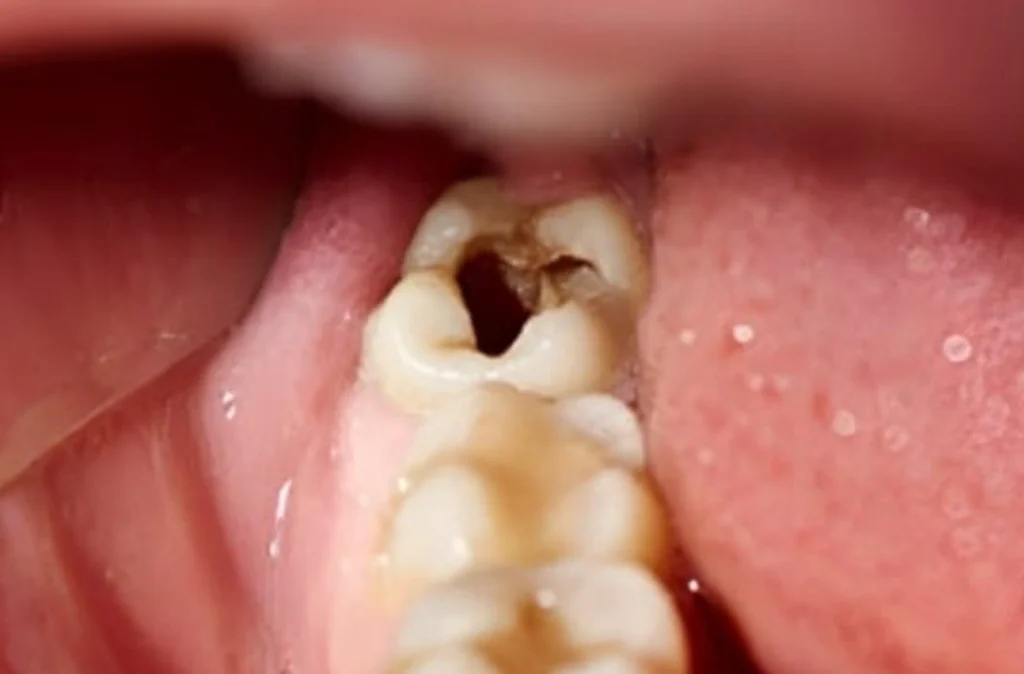
Cavities are one of the most common causes of toothaches. They start as tiny holes in your enamel caused by the build-up of plaque, a sticky film of bacteria. Initially, you might not even notice them, but as the decay progresses, the pain becomes more apparent. Cavities can lead to a sharp, stabbing pain, especially when you consume something hot, cold, or sweet.
Why it hurts: As the cavity deepens, it exposes the sensitive nerves in your tooth, causing intense pain.
Treatment: If you suspect a cavity, see a dentist as soon as possible. The usual treatment involves filling the cavity to prevent further decay. In severe cases, a root canal may be necessary.
2. Gum disease: The underestimated culprit
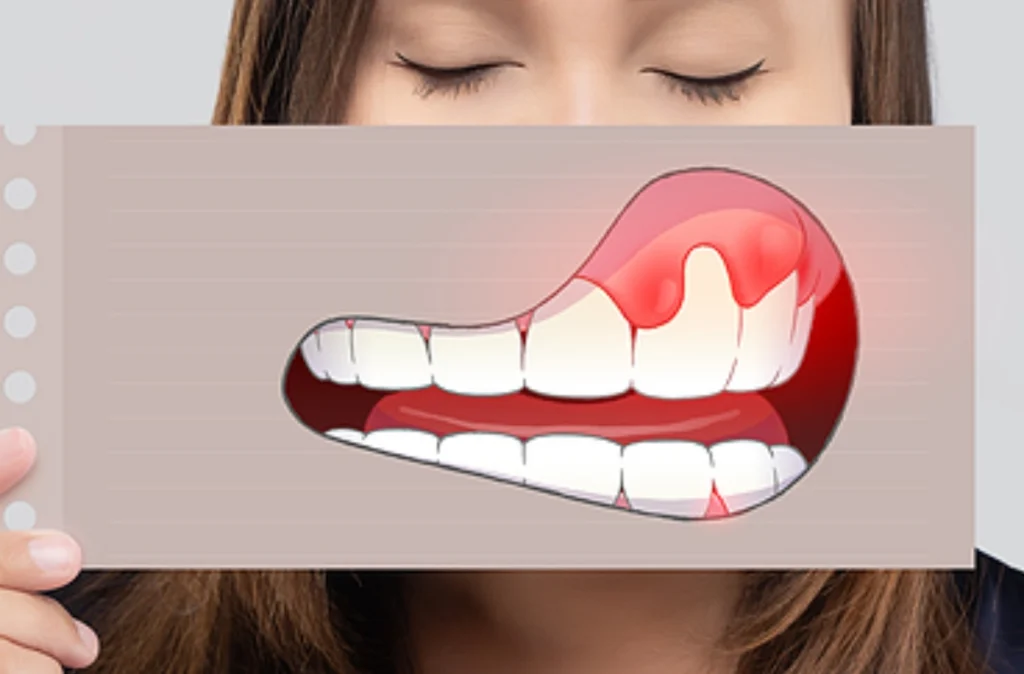
Gum disease, or periodontal disease, often begins with gingivitis, a mild inflammation of the gums. Left untreated, it can progress to periodontitis, leading to swollen, bleeding gums, and pain. The pain from gum disease isn’t always sharp; it can be a dull ache that persists and may be accompanied by a receding gum line or loose teeth.
Why it hurts: As the gums become inflamed, they start pulling away from the teeth, creating pockets that become infected.
Ways you can try: Early stages of gum disease can be treated with improved oral hygiene, including methodical brushing and flossing. Advanced stages may require professional cleaning, scaling, and root planing, or even surgery.
3. Tooth abscess: The hidden infection
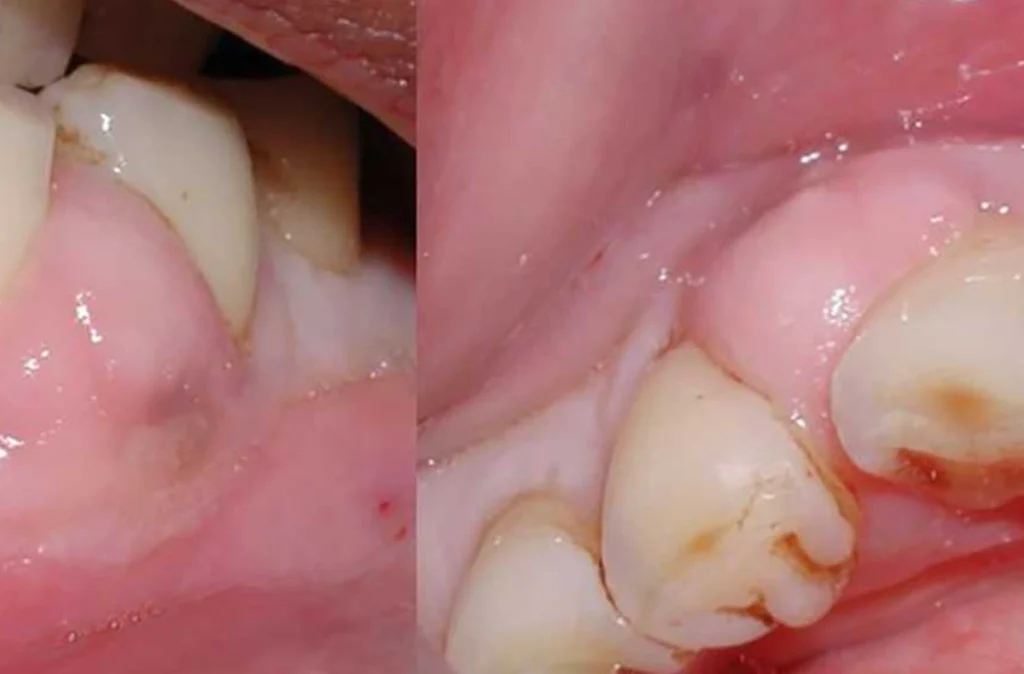
A tooth abscess is a severe infection that can form at the root of a tooth or between the tooth and the gum. It occurs when bacteria invade the pulp of the tooth, often as a result of an untreated cavity or gum disease. An abscessed tooth can cause excruciating pain, which might radiate to your jaw, neck, or ear. The pain is often described as throbbing and continuous, and you might also experience swelling, fever, and a bad taste in your mouth.
Why it hurts: The infection causes pus to build up, putting pressure on the nerves and surrounding tissues.
How to get rid of it: An abscess requires immediate dental attention. Treatment may include draining the abscess, a root canal, or even extraction of the affected tooth, followed by antibiotics to clear the infection.
4. Tooth fracture: The unexpected agony
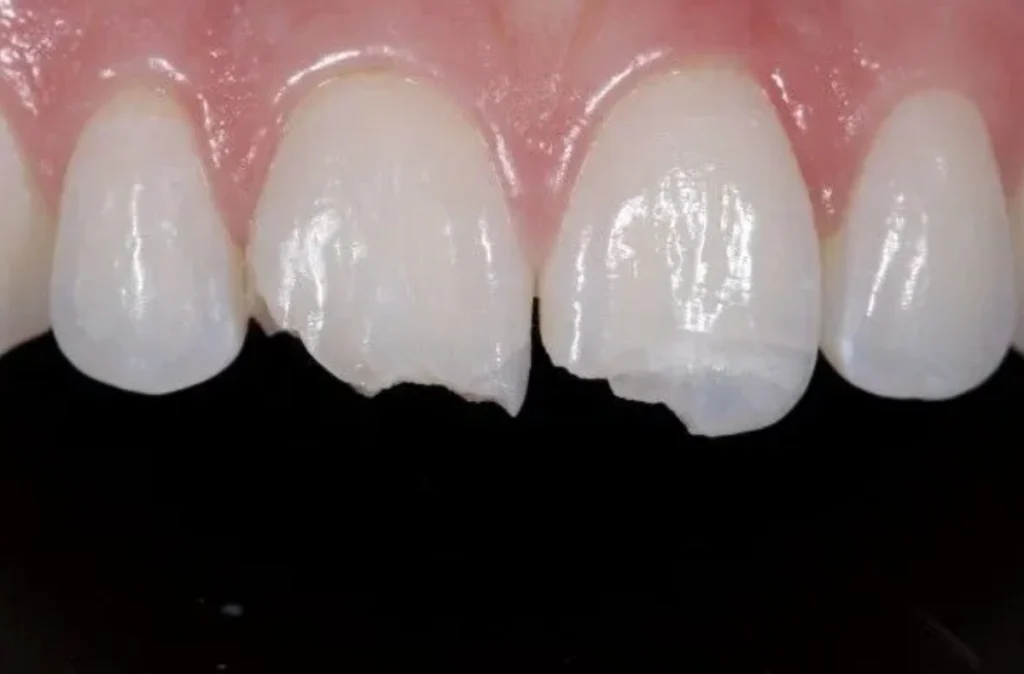
A cracked or fractured tooth can happen suddenly, whether from an injury, biting down on something hard, or grinding your teeth. The pain from a tooth fracture can vary, sometimes only occurring when you chew or expose the tooth to hot or cold temperatures. What makes a tooth fracture particularly frustrating is that the pain can come and go.
Why it hurts: The fracture exposes the inner layers of the tooth, including the nerves, leading to sharp pain when pressure is applied or when the tooth is exposed to temperature changes.
Alleviation ways: Depending on the severity of the fracture, treatments can range from bonding, a crown, or even a root canal. In some cases, if the fracture is severe, extraction might be necessary.
5. Sinusitis: The unlikely suspect
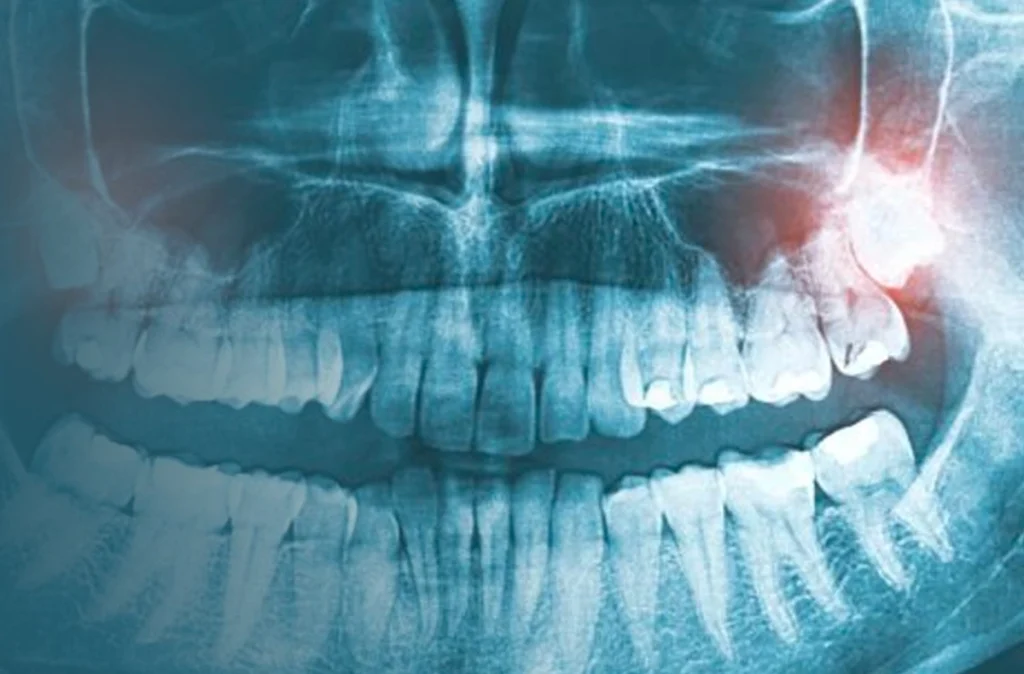
Sinusitis, or a sinus infection, might not be the first thing that comes to mind when you think of a toothache, but it can cause significant discomfort in your upper teeth. The maxillary sinuses, located just above your upper teeth, can become inflamed due to a sinus infection. This inflammation can put pressure on the roots of your upper teeth, leading to pain that mimics a toothache.
Why you feel hurt: The pressure from the swollen sinuses presses on the roots of the teeth, causing a dull, aching pain that often affects several teeth at once.
What you can do: Sinusitis can often be treated with decongestants, nasal sprays, or antibiotics if the infection is bacterial. If the toothache persists after treating the sinusitis, a dental visit might be necessary to rule out other causes.
6. Bruxism: The silent stressor
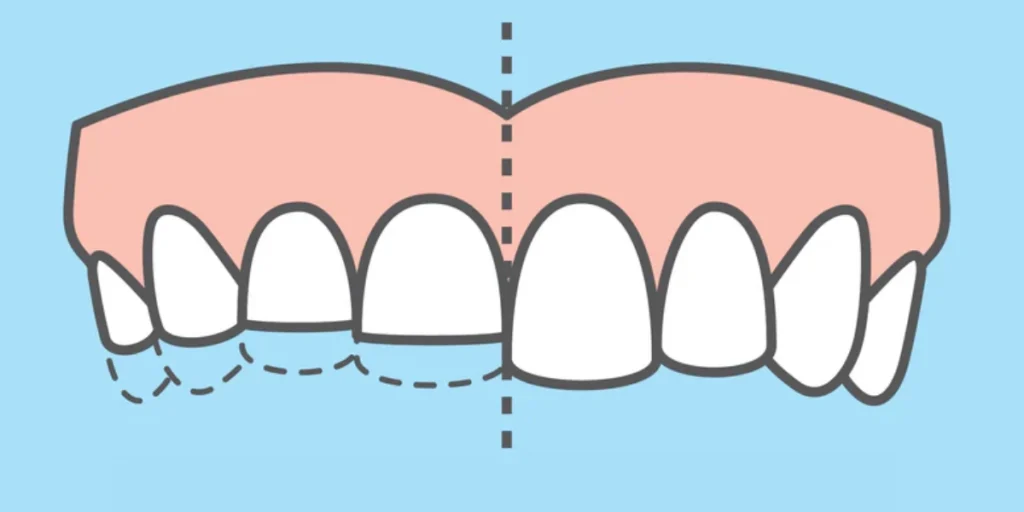
Bruxism, or teeth grinding, often occurs at night and can lead to a variety of dental problems, including toothaches. The constant grinding or clenching puts excessive pressure on your teeth, which can lead to wear and tear, fractures, and even gum recession. Many aren’t aware they have bruxism until they start experiencing symptoms like a sore jaw, headaches, and, of course, toothaches.
Why it hurts: The constant pressure and friction wear down the enamel, expose the dentin, and can even cause microfractures in the teeth, there will be more sensitivity and some pain.
Try those methods: Managing bruxism often involves wearing a mouthguard at night, stress management techniques, and sometimes dental adjustments to correct your bite.
7. Eruption of wisdom teeth: The growing pains
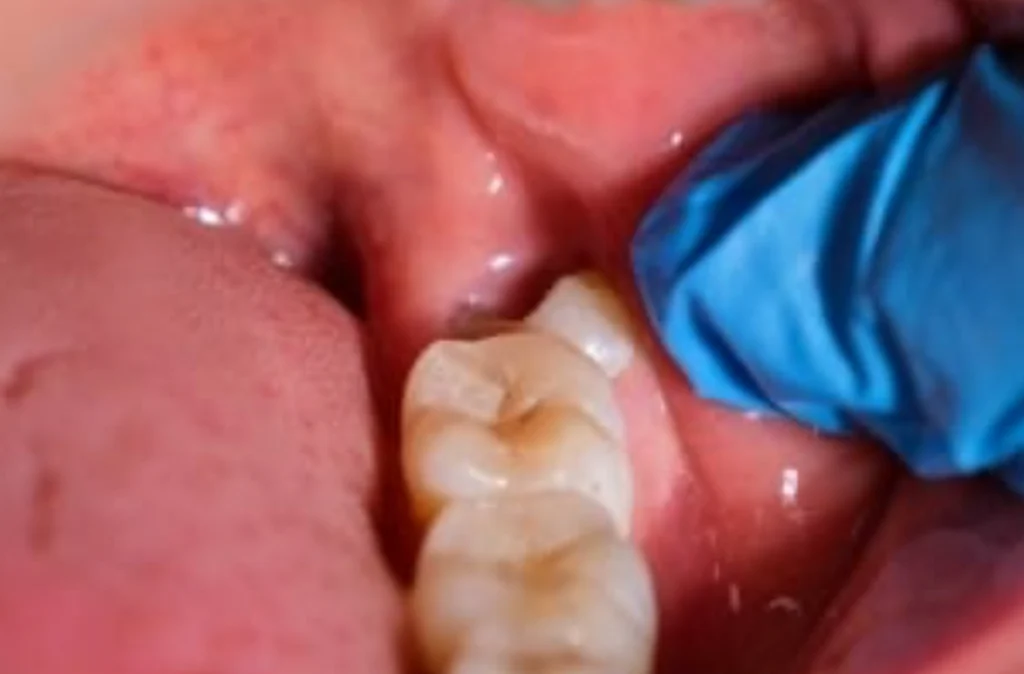
Wisdom teeth, the last set of molars to erupt, often cause great discomfort as they push through the gums. This pain can be exacerbated if the wisdom teeth are impacted, meaning they don’t have enough room to grow properly and press against other teeth or become trapped under the gum line. The pain from erupting wisdom teeth can range from mild discomfort to severe throbbing, and it may also cause swelling and difficulty opening your mouth.
Why it hurts: The pressure from the erupting or impacted wisdom tooth can inflame the surrounding gums, and in some cases, the tooth may become infected.
Treatment: If wisdom teeth are causing unstoppable pain or are impacted, extraction is often recommended. Over-the-counter pain relievers and saltwater rinses can help manage symptoms until you can see a dentist.
8. Temporomandibular Joint Disorder (TMJ): The jaw’s dilemma
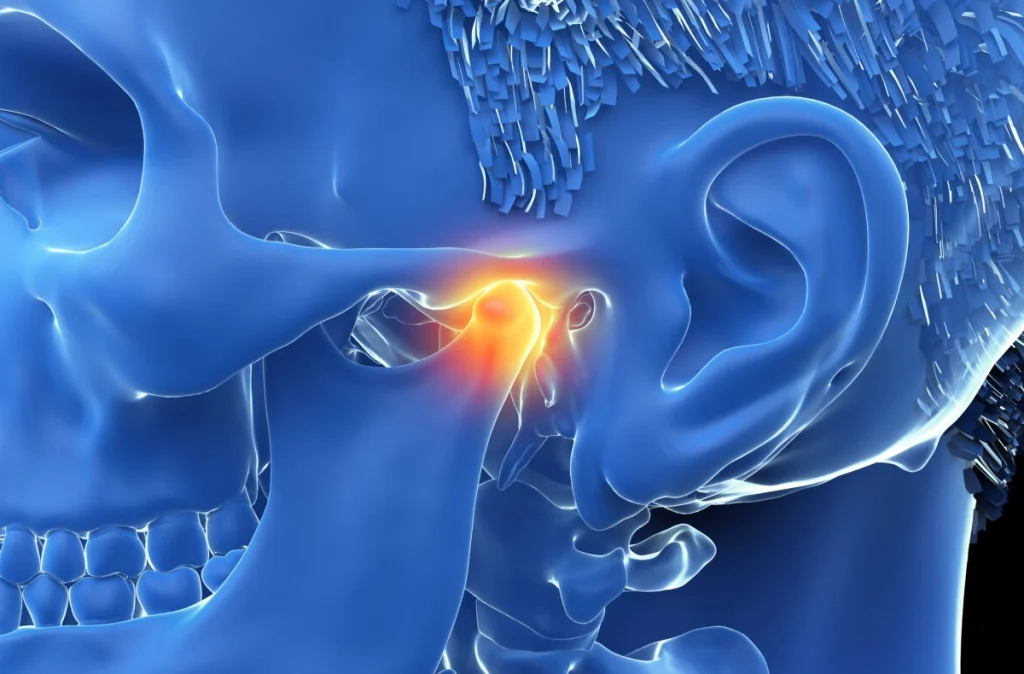
Temporomandibular Joint Disorder (TMJ) affects the joint that connects your jaw to your skull. Problems with this joint can cause pain in your jaw and the surrounding muscles, which can sometimes be mistaken for a toothache. TMJ disorders can result from injury, arthritis, or even stress, and you will feel pain when chewing, a clicking sound when opening your mouth, or even lockjaw.
Why it hurts: The disorder causes inflammation in the jaw joint, which can radiate pain to the teeth.
Here is what you can do: Treatment for TMJ disorders can range from physical therapy, pain relievers, and stress management techniques to more advanced treatments like bite guards or, in severe cases, surgery.
FAQs
Q1: What causes a toothache to come and go?
A toothache that comes and goes is often caused by a cavity or minor tooth decay. It might only hurt when you eat or drink something hot, cold, or sweet, triggering the pain when the exposed nerves are irritated. Other potential causes include mild gum disease or a crack in the tooth that only causes pain under certain conditions.
Q2: What causes a sudden toothache?
A sudden toothache is caused by acute issues like a cavity that has suddenly deepened, a cracked tooth, or a tooth abscess. It can also result from food particles getting stuck between the teeth or from recent dental work that has irritated the tooth.
Q3: What causes a toothache to throb?
A throbbing toothache indicates inflammation, often due to an infection, abscess, or severe tooth decay. The pulsing pain is usually caused by the swelling of the tissues inside the tooth or surrounding it, putting pressure on the nerves.
Q4: What causes a toothache under a crown?
A toothache under a crown can be caused by decay forming underneath the crown, an improperly fitted crown, or an infection in the tooth’s root. The crown may not seal out bacteria completely, causing decay, or the nerve inside the tooth may be inflamed.
Q5: What causes a toothache only at night?
A toothache that occurs only at night may be due to increased blood flow to your head when lying down, which can put more pressure on a sensitive tooth. Additionally, teeth grinding (bruxism) during sleep can cause tooth pain. Finally, untreated cavities or infections can become more noticeable at night due to the absence of other distractions.




